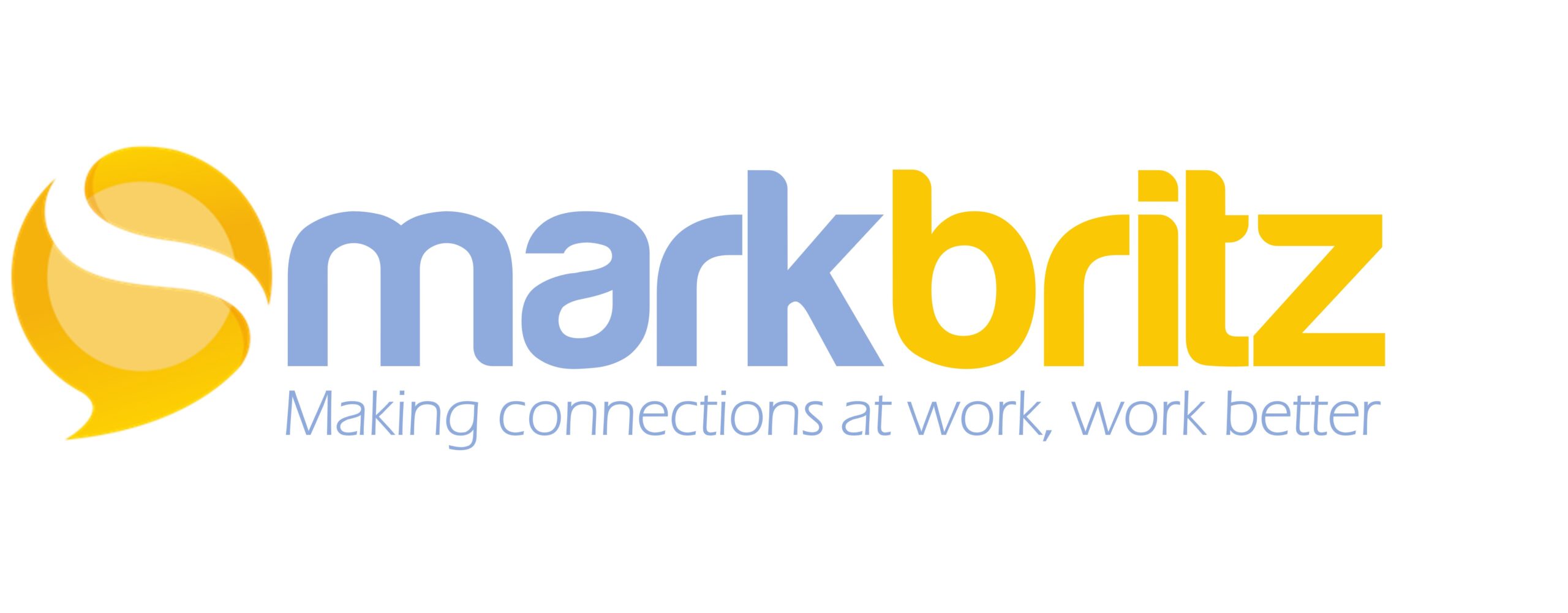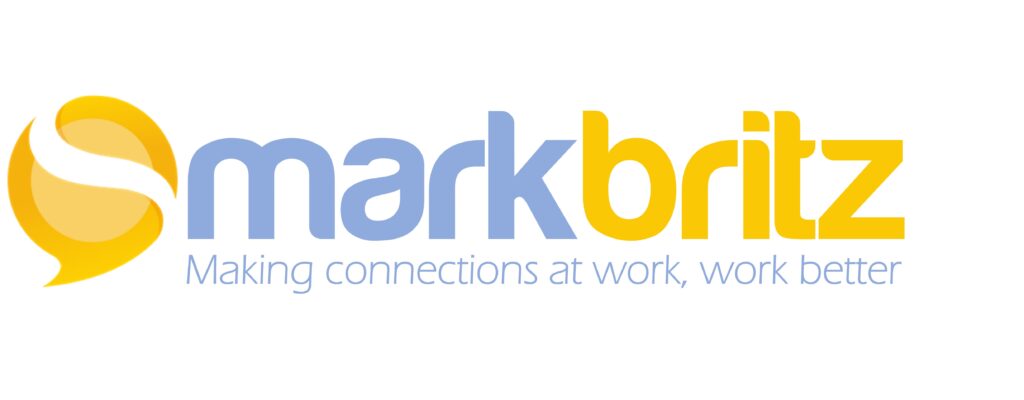Beatles songs have always given me pause. Some of my favorites include “Yesterday”, “Hey Jude”, “Across the Universe” and “Let it Be.”
Recently, yet unfortunately, while running up a pretty steep hill the song “Dear Prudence” began playing on my iPhone. I say unfortunately because when you’re climbing a hill you need Metallica or something.
Outside of the hills, running is meditative for me. My mind, wanders between work, life, calf pain, back to work, life …etc and at the moment the song began, I was pondering the difficulties of convincing others of the changing nature of work and learning I see around me everyday. Most struggle to see what I view as obvious; the need for a connected workforce that shares and collaborates openly in networks enhanced through technology.
Dear Prudence hit me like lightening (probably the only thing worse than running up a steep hill). A warm song immediately took on new meaning, a bit if divergent thinking if you will, and one that will now serve as an anthem, playing in my mind when I engage those who just don’t see it… yet.
My new look at select lines in the song follows each verse.
Dear Prudence, won’t you come out to play?
Dear Prudence, greet the brand new day
The sun is up, the sky is blue
It’s beautiful and so are you
Dear Prudence, won’t you come out to play?
Start with “Prudence.” Sure, as the story goes, John and the boys were teasing Mia Farrow’s sister, Prudence, who was held up in a tent working hard on meditation and missing out on the fun. But for my lucid, endorphin filled, running moment it is more the dictionary definition for those who show caution with regard to practical matters; discretion. What’s more prudent than connecting people to communicate and share – it’s what people do! In my experience those who show caution see only the status quo, stuck in old laws and paradigms of learning. These are the workers and leaders resting on ideas that led to “success” in the 20th century. They hold back, or move slowly while the world changes rapidly around them.
“won’t you come out to play?” “greet the brand new day” – The ideas and tools “breaching the hull” our organizations are worth exploring, trying, feeling. We have entered a new era of connection that is transforming society, business and learning; it is a brand new day.
Dear Prudence, open up your eyes
Dear Prudence, see the sunny skies
The wind is low, the birds will sing
That you are part of everything
Dear Prudence, won’t you open up your eyes?
“The wind is low, the birds will sing” “That you are part of everything” -The barriers, the headwind that slows down innovation, can be reduced when we encourage social learning, encourage networks which level the hierarchies that lock progress in political chains. People are truly at the center of this communication, knowledge, innovation, and technology, even the naysayers are “part of everything” and can greatly improve and contribute once they accept this reality.
Look around round, Look around round round, Look around
“Look around” – See what is naturally happening already, what has been happening. Look at the technology but more importantly how that technology is being used. Mere tools, yes but pause and re-think their immediate applications. Look how community has changed, how networking has changed, how knowledge flows within these networks. See how hierarchies hold surface strength only and the nodes really do rule the day.
Dear Prudence, let me see you smile
Dear Prudence, like a little child
The clouds will be a daisy chain
So let me see you smile again
“Dear Prudence, let me see you smile.” – Smile, the universal human symbol of happiness. “Happiness is the precursor to success—not really the result of it” says Shawn Anchor in his book The Happiness Advantage (see brief article/video here). He goes on to explain the three main predictors of happiness are:
1. having an optimistic mindset,
2. having the ability to see stress as a challenge and not a threat, and
3. social support.
The first two organizations can hire for but the third is what your organization’s culture presents and encourages. Good social support systems enable community. Within community people share and collaborate. When employees share and collaborate they improve processes and products; they get work done. When employees get work done (socially) they are rewarded intrinsically and extrinsically. When employees are rewarded, they are happy. When happy, Shawn argues, employees are smarter, more energetic, and more creative.
“The clouds will be a daisy chain” – Wow, really?? was Lennon so deep into meditation that he had an out of body, time travel experience and saw Cloud Computing?? OK, a stretch but “daisy chain” today is a term that most can understand beyond the counter-culture reference (which I have to assume was a Flower Power ideal). As the definition in the link explains, a Daisy Chain is:
“an interconnection of computer devices, peripherals, or network nodes in series, one after another. It is the computer equivalent of a series electrical circuit.”
The keyword here; interconnection. Networks are made up of nodes and people are the knowledge nodes. Through these connections they are learning, collaborating, and sharing …improving.
Dear Prudence, won’t you let me see you smile?
Dear Prudence, won’t you come out to play?
Dear Prudence, greet the brand new day
The sun is up, the sky is blue
It’s beautiful and so are you
Dear Prudence, won’t you come out to play?
“It’s beautiful and so are you” – Next time you are presented with resistance or outright mocking reaction to building the connected work force rather than spout off about 70-20-10, Social Learning Theory, Collaborative tools, etc…. speak to the reluctant ones of their own value, skills, knowledge and motivations and how this “beauty” works perfectly within the “new systems.”
Whistle or hum Dear Prudence…it may be all you need to give yourself that pause.
Dear Prudence – Composed by The Beatles. Author: Lennon; Lead vocals: Lennon, McCartney

